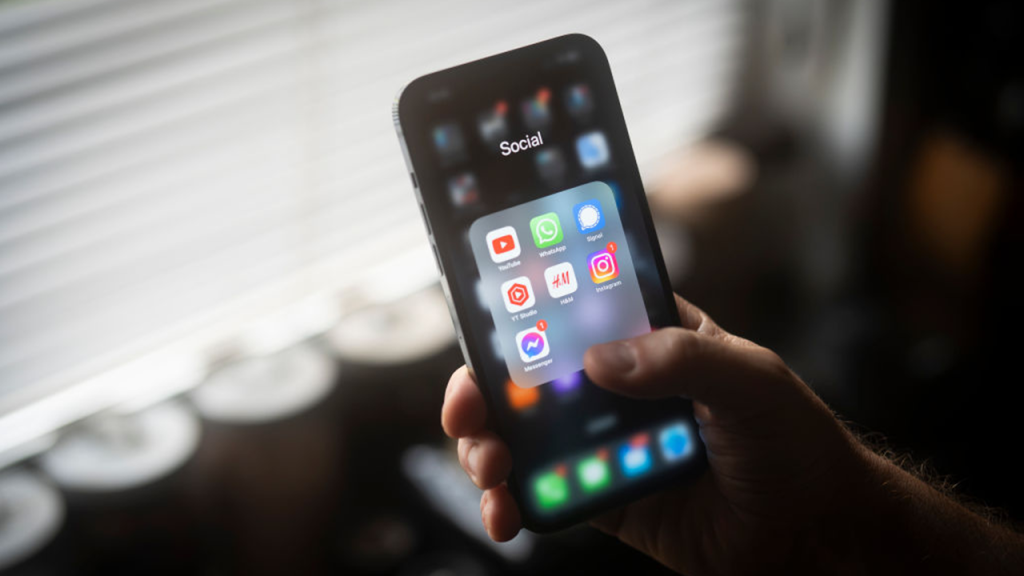California is considering extending cell phone bill subsidies to illegal immigrants under a proposal by the state’s Public Utilities Commission. The commission will vote on September 26 whether the California LifeLine program, which provides subsidies for low-income residents, should be made accessible to those without Social Security numbers. This proposal is seen as a way to help undocumented Californians who may fall on hard times, in line with the agency’s commitment made over a decade ago to provide such accommodations.
While California has a history of offering social programs to assist illegal immigrants, some Democratic Party leaders are urging lawmakers to be more cautious as the national platform shifts away from open borders and sanctuary cities. Governor Gavin Newsom vetoed a controversial bill known as the “California Dream for All” loan program, which would have provided first-time homebuyers up to 20% of a home’s value or up to $150,000 in down payment assistance. Newsom’s decision to veto the bill was based on concerns about finite funding available for programs like CalHFA, and the need to carefully consider eligibility expansions within the context of the state budget.
The issue of providing assistance to illegal immigrants in California has sparked debate and controversy, with Newsom taking a stance against legislation that may be perceived as too accommodating to foreign nationals living illegally in the U.S. The state has a long history of offering social programs to undocumented residents, but pressure from Democratic leaders has urged a more measured approach. The commission’s proposal to extend cell phone bill subsidies is seen as a way to provide support to undocumented Californians in times of need, reflecting the state’s commitment to assisting all residents regardless of immigration status.
The debate surrounding illegal immigration and social programs in California has become increasingly contentious as national attitudes shift towards stricter border enforcement. Governor Newsom’s veto of the “California Dream for All” loan program demonstrates the challenges of balancing financial resources and serving the needs of various populations in the state. While California has traditionally been viewed as a progressive state in terms of immigrant rights, the current political climate has forced lawmakers to reevaluate the extent of assistance provided to undocumented residents.
The extension of cell phone bill subsidies to illegal immigrants in California has raised questions about the state’s approach to supporting undocumented residents. The proposed measure by the Public Utilities Commission reflects a commitment to inclusivity and providing assistance to all residents in times of need. However, concerns about finite funding and the broader context of the state budget have led Governor Newsom to veto legislation that explicitly includes illegal immigrants in assistance programs. As the debate continues, lawmakers in California are faced with the challenge of balancing compassion for undocumented residents with financial constraints and changing national attitudes towards immigration.


